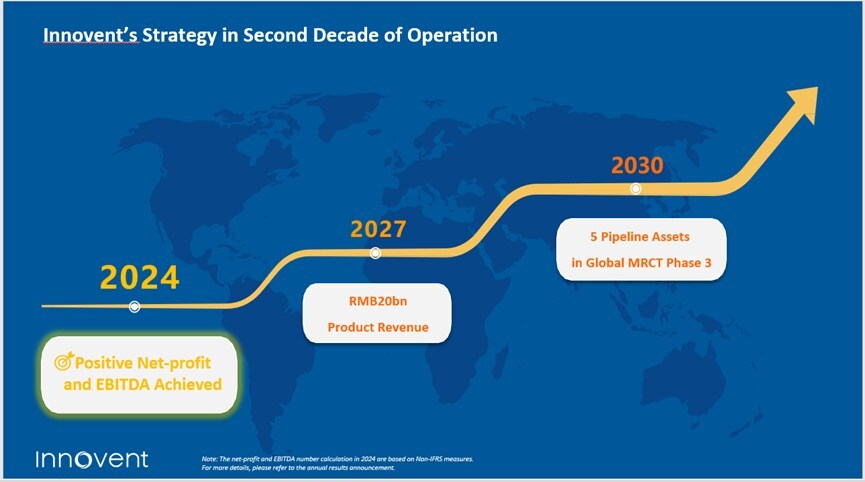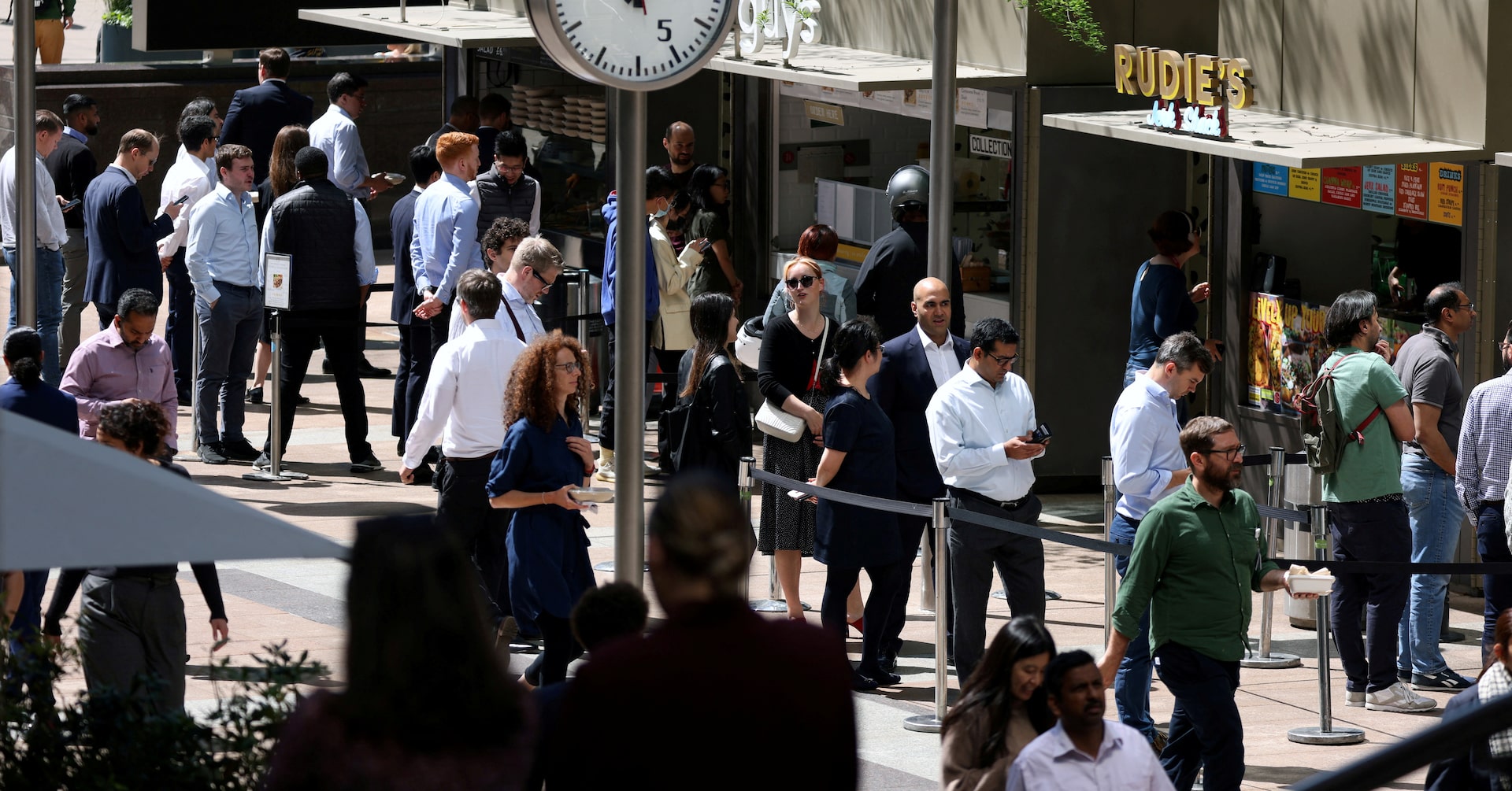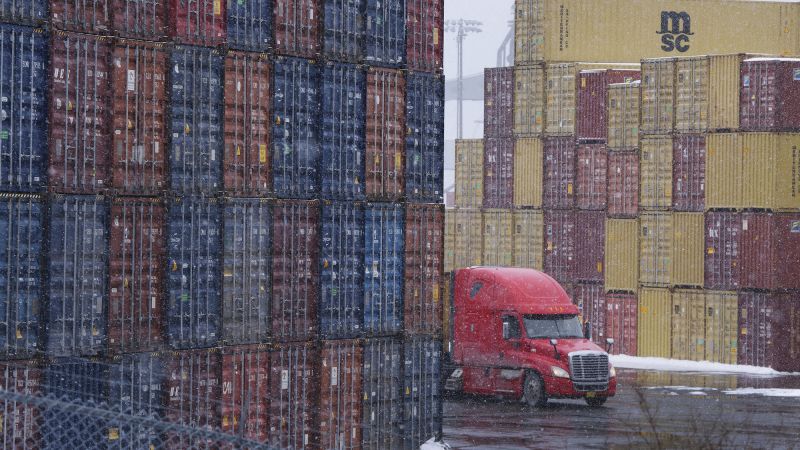DeSantis Launches Controversial Migrant Detention Hub in Florida's Latest Immigration Crackdown

In a bold move following a recent legal triumph, Florida Governor Ron DeSantis declared Thursday that the Baker County migrant detention facility—dubbed the "Deportation Depot"—is now fully operational. The announcement comes on the heels of a court ruling that upheld the controversial "Alligator Alcatraz" detention center, signaling a continued hardline approach to immigration enforcement in the state.
DeSantis, known for his stringent immigration policies, celebrated the facility's launch as a critical step in what he describes as protecting Florida's borders and maintaining state security. The new detention center represents another strategic effort by the governor to address what he considers a growing immigration challenge.
The facility's nickname, "Deportation Depot," underscores its primary purpose: to process and potentially remove migrants who enter the state through unauthorized channels. With the recent court victory providing legal backing, DeSantis appears poised to continue his aggressive stance on immigration policy.








